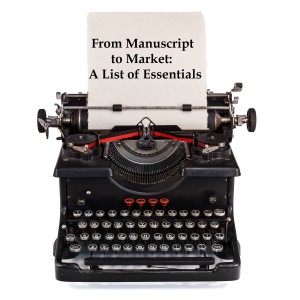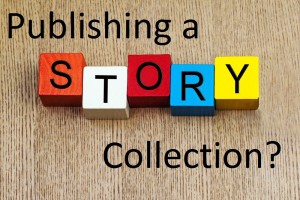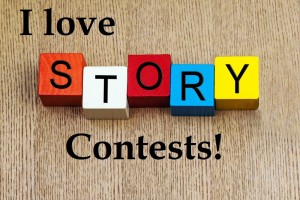by @AnnieDaylon
 Finished your manuscript?
Finished your manuscript?
Turned it over to your spectacularly brilliant copy-editor/designer wizard?
Breathing a sigh of relief, are you?
Well, suck that breath back in! It’s time to get your pre-publication kit together!
Hopefully, you’ve been filing info as you go: organization makes the final stages easier. Right now, I am in the middle of gathering pre-production information for my novel, OF SEA AND SEED, The Kerrigan Chronicles # 1.
While I’m at it, I’m sharing it because most of what I need, you will too.
Here is my list:
-
Acknowledgements. It takes a village. Remember to thank every member.
-
Author Bio. Keep the bio short.
-
Author Headshot. Make it professional.
-
Bibliography. This is a maybe, necessary for me, as my literary suspense series is set in historical Newfoundland.
-
Book Endorsements. You need a blurb or two or three for the cover of your book. So write a few authors and make a request. Ask and ye shall receive, or not. But ask anyway.(One of my favorite quotes comes from Wayne Gretzky: “You miss 100% of the shots you don’t take.”)
-
Call to Action. In the back of your book, include some or all of the following: a link to your homepage and social media, a bonus offer if they sign to your mailing list, a chapter of your next book, a letter asking for review.
-
Cover Image. Use a stock image or hire an artist. (The image for my above cover mock-up comes from Shutterstock.) In your book, credit source of image.
-
Dedication. (for Mom? Dad? Dog? Place?)
-
Disclaimer. “A statement that is meant to prevent an incorrect understanding of something (such as a book, a movie, or an advertisement”~ Miriam-Webster Dictionary (This is standard in all fiction. For examples, just check the front pages of any novel.)
-
Epigraph. Short quote for front, if you plan to use one. Caution here: think Public Domain.
-
Flap Copy. Brief synopsis for back cover, one that will draw reader in.
-
Key Words for SEO. Brainstorm. Check genre.
-
List of other Publications. All other books written by you.
-
Map ? (Maybe you need a map inside the cover? I plan to use a map of Newfoundland as a frame of reference for readers.)
-
Pricing Strategy. Check others in your genre.
-
Questions for Reading Clubs. Compile a list and put it in the back.
Am I forgetting anything? Please share any info you have!!

A Free Short Story will be yours when you subscribe to my author newsletter by placing your first name and email address in the space provided on the right. Rest assured that your email address will be held in the highest confidence and will not be shared or distributed for any purpose.
My best to you,




